Georgia Tech team develops conversion-type iron-fluoride Li battery cathode with solid polymer electrolyte
Green Car Congress
SEPTEMBER 11, 2019
Researchers at Georgia Tech have developed a promising new conversion-type cathode and electrolyte system that replaces expensive metals and traditional liquid electrolyte with lower cost transition metal fluorides and a solid polymer electrolyte. A paper on their work is published in the journal Nature Materials.




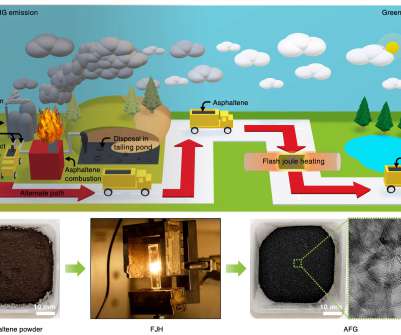
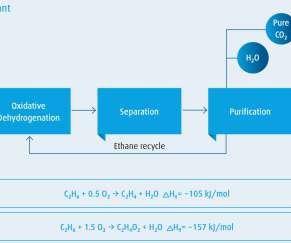
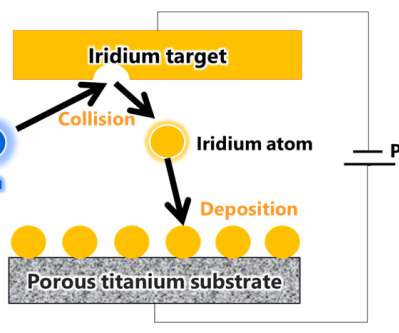





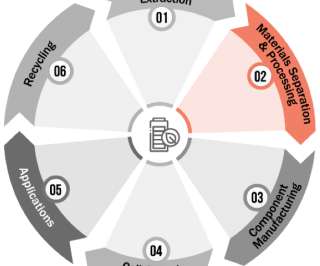



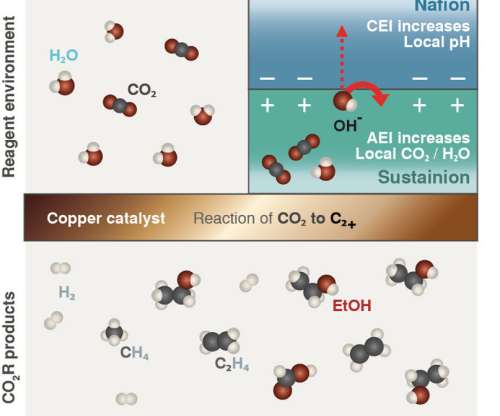
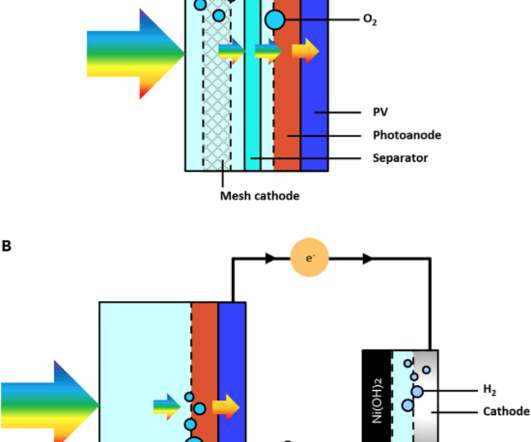







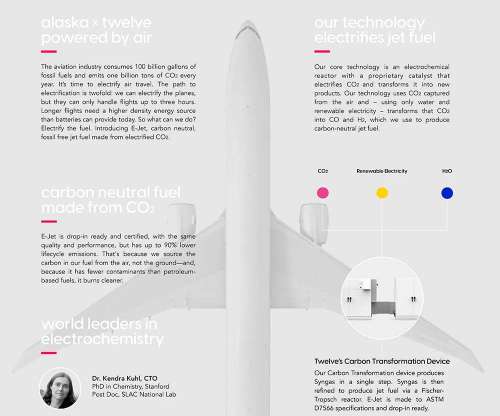
















Let's personalize your content